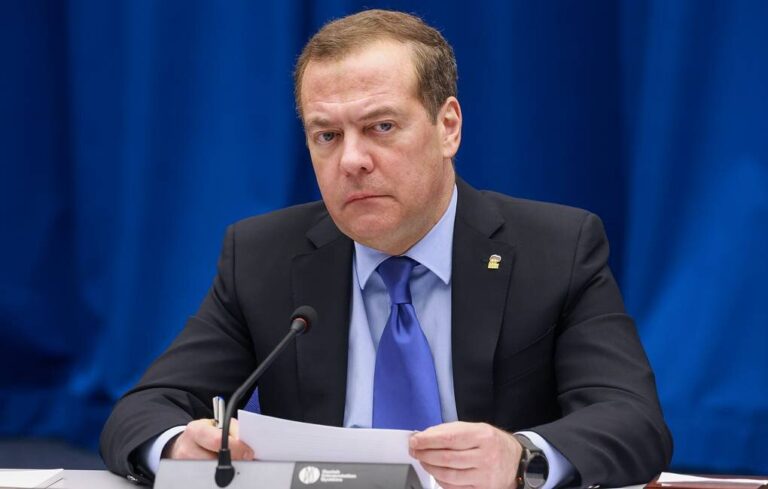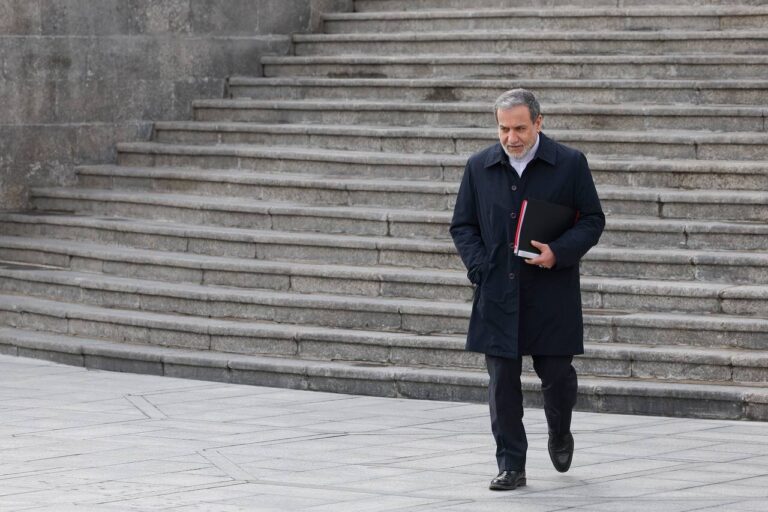Danish Far-Right Leader Sparks Outrage by Burning Quran in Copenhagen
The recent incident involving the burning of the holy book of Islam has ignited a global debate about freedom of expression and religious respect. On January 29, Salwan Momika, a prominent figure known for organizing public Quran-burning events in Sweden, was tragically shot dead. This act has raised significant concerns regarding hate speech and the boundaries of protest.
According to reports from Caliber.Az, the act was filmed and shared on the social media platform X, further escalating tensions. Following Momika’s death, security measures were heightened, with the Danish Security and Intelligence Service, along with Copenhagen police, imposing a 24-hour ban on Rasmus Paludan, the leader of the anti-Islamic party “Stram Kurs,” from holding demonstrations in the capital.
Despite the ban, Paludan defied the order, staging a protest on January 31 to honor Momika’s memory. The demonstration was characterized by its controversial nature, reflecting Paludan’s long-standing commitment to provocative actions against Islam.
Background on Rasmus Paludan and “Stram Kurs”
Rasmus Paludan founded the “Stram Kurs” party in 2017. He has garnered notoriety for his numerous anti-Islamic videos across various online platforms. The party’s platform is centered around:
- Calls for a ban on Islam: The party advocates for the prohibition of Islamic practices within Denmark.
- Deportation policies: They propose the deportation of all “non-Western individuals granted asylum,” which has drawn widespread criticism.
- Hate speech allegations: Paludan’s actions have been labeled as hate speech by many observers, raising questions about the limits of free speech in democratic societies.
Global Reactions and Condemnation
The desecration of the holy Quran has triggered a wave of condemnation worldwide. Various leaders, organizations, and communities have expressed their outrage, emphasizing the need for mutual respect among different religions and cultures. The incident has sparked discussions on:
- The balance between freedom of expression and hate speech: While freedom of speech is a fundamental right, its misuse can lead to harmful consequences.
- Social media’s role in amplifying hate: The sharing of such incendiary content on platforms like X raises concerns about the responsibilities of social media companies in moderating hate speech.
- The impact on community relations: Actions like Quran burning can exacerbate tensions between different cultural and religious groups, leading to societal divisions.
The incident also highlights the growing trend of extremist actions under the guise of political protest. Critics argue that such demonstrations are not merely expressions of free speech but rather acts of provocation that aim to incite violence and hatred.
Legal and Social Implications
In Denmark, laws regarding hate speech are complex and often debated. The country has a reputation for upholding free speech, but this freedom comes with responsibilities. Legal experts are increasingly discussing whether Paludan’s actions cross the line into hate speech, which is not protected under Danish law.
Furthermore, the implications of such incidents extend beyond legal frameworks. They challenge social cohesion and raise questions about the future of multiculturalism in Denmark and Europe as a whole. As communities grapple with these challenges, it is crucial to foster dialogues that promote understanding and respect among diverse populations.
Conclusion
As the situation continues to unfold, the burning of the Quran by Rasmus Paludan reflects a broader conflict between freedom of expression and the respect for religious beliefs. The tragic death of Salwan Momika serves as a reminder of the potential consequences of extremist actions. Moving forward, it is essential for societies to engage in constructive conversations that bridge divides and promote peace.
In light of recent events, the need for a balanced approach to freedom of speech and the prevention of hate speech is more critical than ever. The global community must work together to ensure that the rights of all individuals are respected while fostering an environment of tolerance and understanding.






